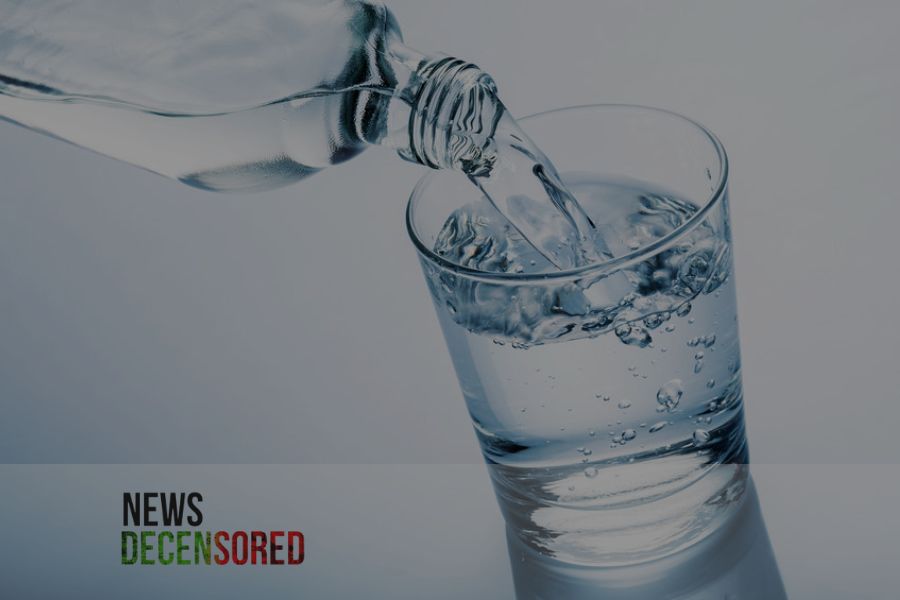The common perception is that water filters installed in kitchens are capable of purifying contaminated tap water and making it drinkable. But is it really necessary to use them, and can they do any harm? Sheema, a British citizen, avoids drinking tap water. Her fridge has a water filter installed in the door, and she uses it to drink water. It sterilizes water through an ultraviolet chip.”Filtered water tastes better,” says Shema.
Tap water smells and tastes of chemicals. Some people find this flawed, including her husband, who even tested her with her eyes closed, seeing that she could actually tell the difference between the two waters with her eyes closed.
The US organization Environmental Working Group surveyed 2,800 people, of which half said they should not drink tap water, while about 35 percent filter their water. In a 2023 survey of more than 500 people in the UK by Swedish filter company Tapwater, 42% said they did not trust tap water.
The water filter business is booming in America, Europe, and China. In 2022, it is estimated that the global desalination industry will be worth 30 billion dollars, which can grow by more than seven percent by 2030. Arguments are made in its favor that filtering water has many benefits, such as removing toxins and pollutants, removing salts, and improving its color and taste. So, is filtered water really better than tap water?
What is the purpose of a water filter?
There are many types of water filters available in the market and their prices are also different. Some filters even have Wi-Fi capability. According to Kyle Postmus, an expert at the National Sanitation Foundation (NSF), a Michigan-based certification organization, there are two main types of water filters.
According to them, some small-scale filters purify the drinking water and make it drinkable by putting it in a glass, while some large-scale filters are installed at the point where the water enters the house or building. They use different water purification technologies such as adsorption, ion exchange, reverse osmosis, and mechanical suppression.
The purpose of all these is to separate the pollutants from the water. Different filters have different purposes, and each filter (design) is different,” says Detlef Knapp, a civil engineering expert at North Carolina State University. The important thing is that you know what’s in your water, whether it can be made drinkable by a filter, and which filter will be best for the job.
Is tap water safe to drink?
Access to clean drinking water is difficult for people in developing countries. “The main problem (in the water) is bacteria like E. coli and Legionella,” says Brent Kruger, co-director of the Global Water Research Institute and professor of chemistry at Michigan’s Hope College. Contaminated water can cause diarrhea. It’s a disease that kills 1 million people a year (about half of them in children under the age of five), yet it’s relatively easy to prevent.
What to look for when buying a water filter
Sometimes, water filters remove harmful chemicals from water as well as beneficial minerals, including magnesium, calcium, iron, and manganese. In the process of softening the water (that is, removing salts from it) and improving its color, these compounds can be released that are beneficial for health. Another study found that water that was left overnight had an increased presence of bacteria. Therefore, it is recommended to run water through a water filter for at least 10 seconds before drinking.
Addressing the most essential water shortages
Using a water filter may depend on your area, and it is also important to know what impurities are present in the water. Kruger says you can find out what your water quality is by doing some research and getting the water tested to find out.
If the tap water is not up to potable quality, it is important to consider which filter would be best for you, which can remove contaminants. According to Kamran, the most important thing is whether you drink an adequate amount of water daily. ‘As a doctor, I have seen many problems arise from dehydration.’















